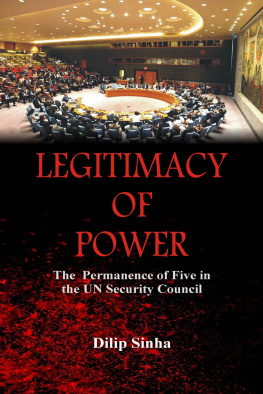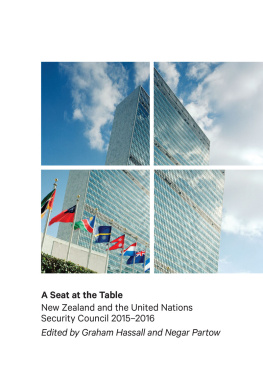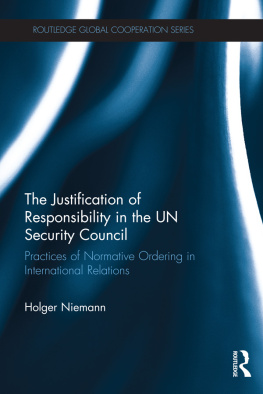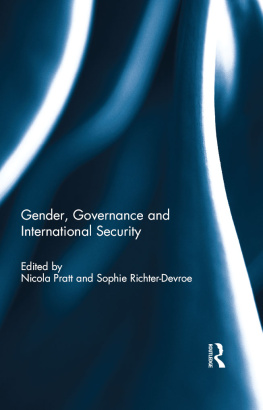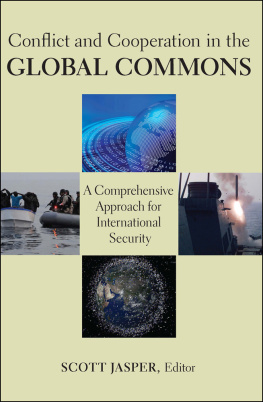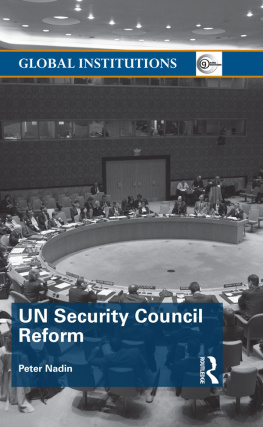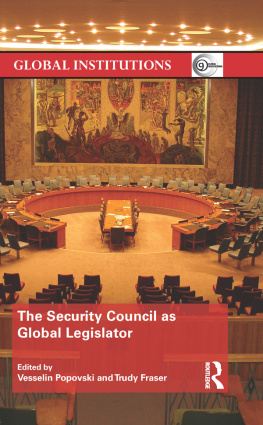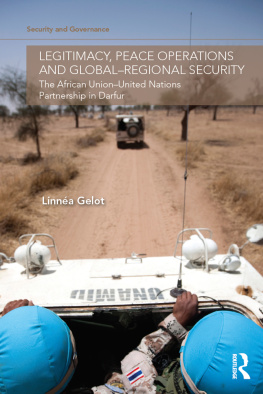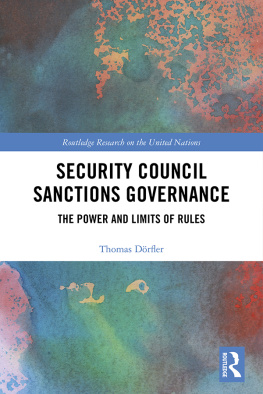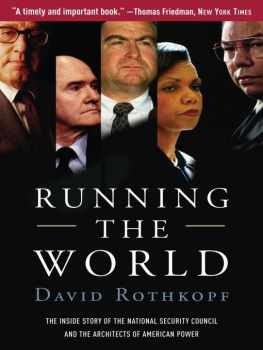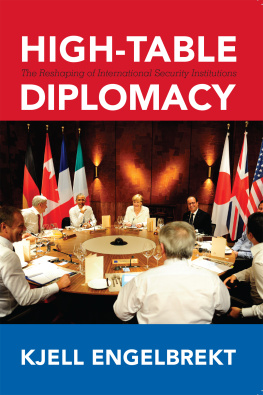Published by
Vij Books India Pvt Ltd
(Publishers, Distributors & Importers)
2/19, Ansari Road
Delhi 110 002
Phones: 91-11-43596460, 91-11-47340674
Fax: 91-11-47340674
e-mail:
web : www.vijbooks.com
Copyright 2018, Indian Council of World Affairs (ICWA)
ISBN: 978-93-88161-04-6 (Hardback)
ISBN: 978-93-88161-05-3 (ebook)
All rights reserved.
No part of this book may be reproduced, stored in a retrieval system, transmitted or
utilized in any form or by any means, electronic, mechanical, photocopying, recording
or otherwise, without the prior permission of the copyright owner. Application for such
permission should be addressed to the publisher.
The views expressed in this book are of the author in his personal capacity and do not
represent the views of the ICWA.
Dedication
To my father, Amar Sinha, whose insights permeate this
book and my high school teacher, Purno A. Sangma, later
Speaker of Indias Lok Sabha, who introduced me to the
world of international relations.

Thrice in the last century in 1919, 1945 and 1991 the United States, Britain and France, the leaders of the Western world, emerged victorious in a major war and rebuilt the international order to provide security to the world. The United States was the driving force behind each enterprise, inspired by its unique blend of altruism and isolationism. After the First World War, it refused to join the international organisation it had created and withdrew across the Atlantic. After the Second World War, it formed the United Nations with a steely determination to keep its allies together and the enemies subjugated. After the Cold War, it decided to take charge and reshape the world in its own image. A victorious state creates an order to serve its interests but likes to remain unbound itself, free of institutional constraints and obligations. The United States tried the same. The story of the Security Council is the saga of the United States and its four allies from the Second World War, Russia, Britain, France and China their cooperation and confrontations.
This book is a study of international security cooperation and its moorings in international law from the perspective of the countries of the South. In the process, it also presents the major events in international relations in the last two centuries from the same viewpoint. It contrasts the Security Councils aversion to change and its inability to keep pace with the other organs of the United Nations and international organisations in a globalising world. It goes into the reasons behind the dominant position assigned to the permanent five in the security structure and their performance since then.
The United Nations has grown into a universal international organisation covering all conceivable aspects of relations among countries, or States as they are referred to in international parlance, and a wide range of domestic issues, including human rights, development and the environment. The UN performs this gigantic task through its six organs and numerous subsidiary organisations and specialised agencies, many of which are independent but prefer to operate under its umbrella. The main purpose of founding the UN was to maintain international peace and security and social and economic issues were brought into its ambit primarily for their disturbing propensity to provoke and exacerbate security problems.
The Security Council is the primary organ of the United Nations charged with maintaining international peace and security. It is the only international body empowered to take military action. The founders of the UN were convinced that prompt and effective military action against an aggressor is essential for maintaining international peace and security. This book examines the evolution of the UNs security system, the Security Councils performance of its responsibility, the control of the permanent five over it and the military actions taken by them on its behalf. The practice of authorising military action is accepted by the permanent five as an essential tool in the Security Councils armoury and its legitimacy is no longer questioned by them. It has been resorted to on several occasions, though differences among them have often stymied action. I have dwelt at length on the origins of international security cooperation and the negotiations on the UN Charter to give the reader an appreciation of the intent behind its provisions. I have also looked at the other instruments available to the Security Council for evaluation and a better understanding of its working.

